Senegalese farmers in David and Goliath fight
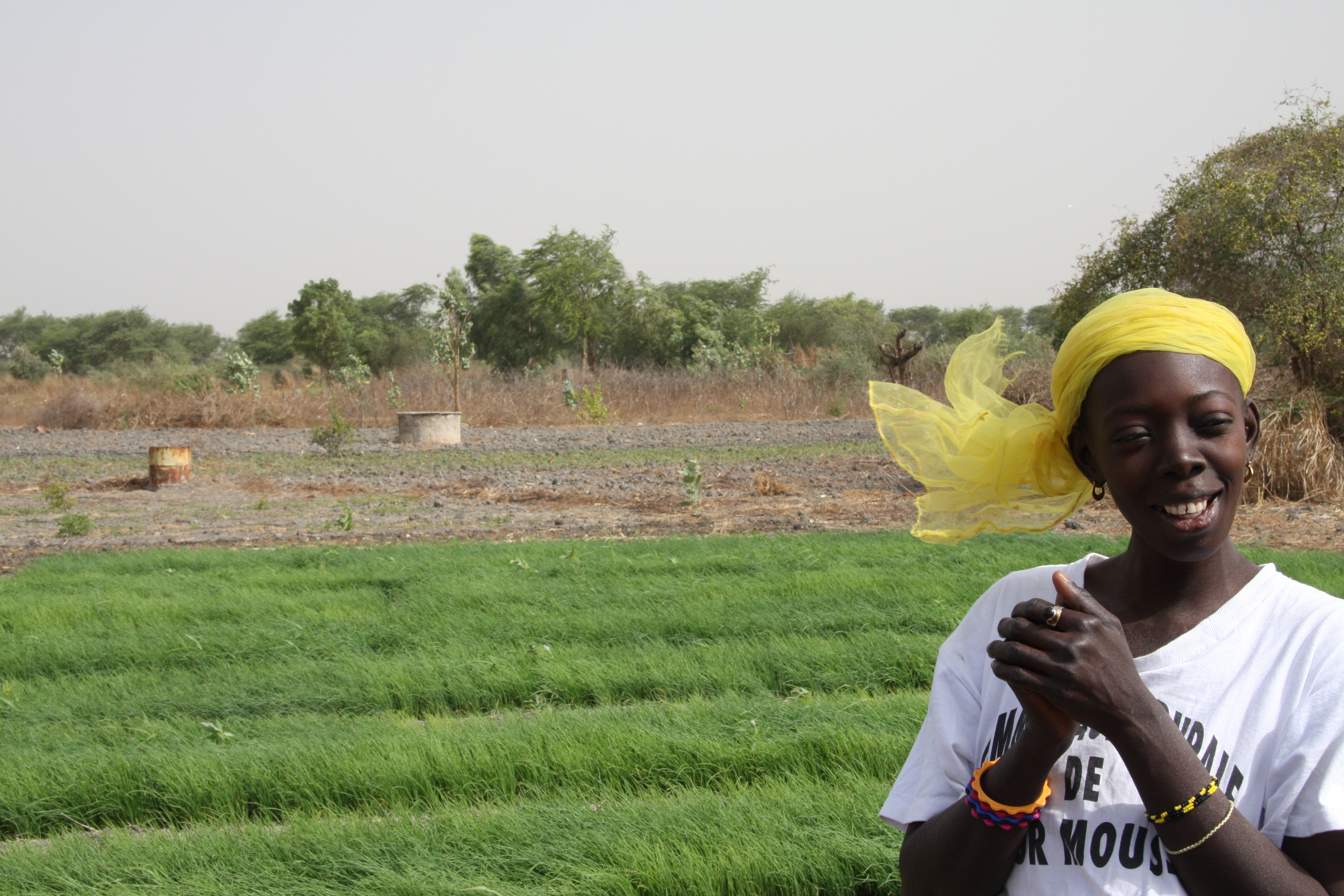
In Senegal, small farmers are battling against deforestation, global warming, drought – and the greed of bigger landowners.
Helping them in their struggle is Swiss Interchurch Aid, a Protestant organisation that funds a Senegalese association trying to find a way forward for local farmers.
In the area around Lake Tanma, the wind stirs up so much dust that it’s hard to breathe. The lake forms during the rainy season. All around the effects of deforestation and climate change can be felt.
Grass is scarce. The occasional baobab tree offers some shade. In the past 40 years, rainfall has fallen by 25 per cent.
A group of women are harvesting beans. They wear scarves to protect their heads from the sun.
“This land, nearly 30 hectares, belongs to a ‘marabout’ [person in power]. For their work, these workers are paid about 1,000 CFA [SFr2], barely enough to buy two or three kilos of grain,” says Ibrahima Cisse of the Woobin Federation, an association of small farmers in Keur Moussa, a rural community of some 50,000 inhabitants in 36 villages, about 50km northeast of Dakar.
The Lake Tanma region is known for its horticulture. The soil is fertile, but paradoxically, it is this particular characteristic that is causing problems.
Ever since the early seventies, small farmers have seen their land confiscated. It’s not so much multinationals or other countries eyeing such land (yet), rather the marabout and wealthy Senegalese city dwellers.
“The first major landowner moved here in 1972. Since then, others have followed and we continue to lose our land,” says Cisse, pointing to a map of properties in the region. Some spread out over several hundred hectares, while the small farmers’ patches are relegated to the border area.
Erosion and flooding
Senegalese land law is very different from that of Europe, where the focus is primarily on private property. Land is allocated by the rural authority president who is elected for five years. This system has allowed local traditions to be respected, but has also opened the door to abuse.
The levelling work done by large landowners has changed the topography and hydrography of the land, prompting further erosion and causing frequent flooding of small producers’ land further downstream.
Holes drilled by the big landowners to ease irrigation of their fields have led to declining levels of groundwater.
Today, to access water it is necessary to dig to a depth of at least 15-20 metres. The luckiest farmers can afford a pump, which costs up to €1,000. But the majority cannot. To irrigate crops they must equip themselves with a bucket, be patient and above all, very stubborn.
“Training” fields
Although supported by Enda Pronat (Environment and Development Action in the Third World – Natural Protection of Crops, part of a Senegal-based development organisation), some small farmers formed the Woobin Federation to better defend their interests.
The federation has been supported since 2007 by Swiss Interchurch Aid, the aid organisation of the Swiss Protestant churches, which provided SFr100,000 from 2007-2010.
“The goal is to strengthen the association from an organisational and institutional point of view, so that it can be heard,” says Heidi Keita, programme coordinator in Senegal. “It also aims to promote techniques that enable the development of sustainable agriculture.”
Notably, in Landou, a village a few miles from Lake Tanma in a much less fertile area, the Woobin Federation has established “training” fields, which demonstrate techniques for storing water during the rainy season, or how to put up small fences to curb soil erosion.
“A few years ago, nothing grew here, but last year we even managed to grow some peanuts,” says a farmer proudly.
Competition
For small farmers, the arrival of large landowners has also spelled problems for the sale of their products.
“Before, we could offer the fruit of our labour to exporters and earn a decent living. Today, only the large producers export. And even in the domestic market, they are big competition, as they sell their second best products here,” says Cisse.
And free trade has only worsened the situation. “A few years ago we could sell our local variety of tomato for 800 CFA (SFr1.60). Today, with the mass import of tomatoes of Morocco, we can barely get 300 CFA.”
Compounding this, the United Nations Food and Agriculture Organisation supports the expansion of large properties. It sees this evolution – if it is well managed – as an opportunity for agricultural development and a guarantee of food security.
Food security?
“Frankly, I don’t understand,” says Mariam Sow, head of Enda Pronat. “Saudi Arabia wants to buy tens of thousands of hectares of land in Senegal to grow rice. It’s foreseeable that 70 per cent of production would end in Saudi Arabia and 30 per cent would remain here. Under these circumstances, how can we still talk about guaranteeing food security?”
“The problem is that our authorities don’t believe in our farmers,” she says. “There is no policy to support them, and many are forced to leave the countryside and be street vendors in cities. It is destroying the agricultural class.”
Cisse however is confident that “if the small farmer had adequate support, he could also produce the resources needed to feed cities. The earth is our only hope.”
Population: 12.5 million (2009)
Annual population growth rate: 2.6%
Infant mortality (under 5 years): 93 per 1,000
Birth rate: 4.8 children per woman
Life expectancy: 56 years
GDP per capita: $1,040
Unemployment: 48%
Illiteracy: 39.3% (2002)
Below the poverty line: 54% of the population (2001)
(Source: World Bank, The World Factbook)
Swiss Interchurch Aid was founded in 1946 by the Federation of Swiss Protestant Churches.
In 2009, the organisation contributed more than SFr28 million to support overseas projects and humanitarian aid and more than SFr19 million for projects in Switzerland.
Abroad, the foundation manages over 290 projects in over 45 countries. Typically, it does not send employees abroad, but collaborates with partner associations. Coordination offices are managed by local staff.
(Adapted by Jessica Dacey)

In compliance with the JTI standards
More: SWI swissinfo.ch certified by the Journalism Trust Initiative
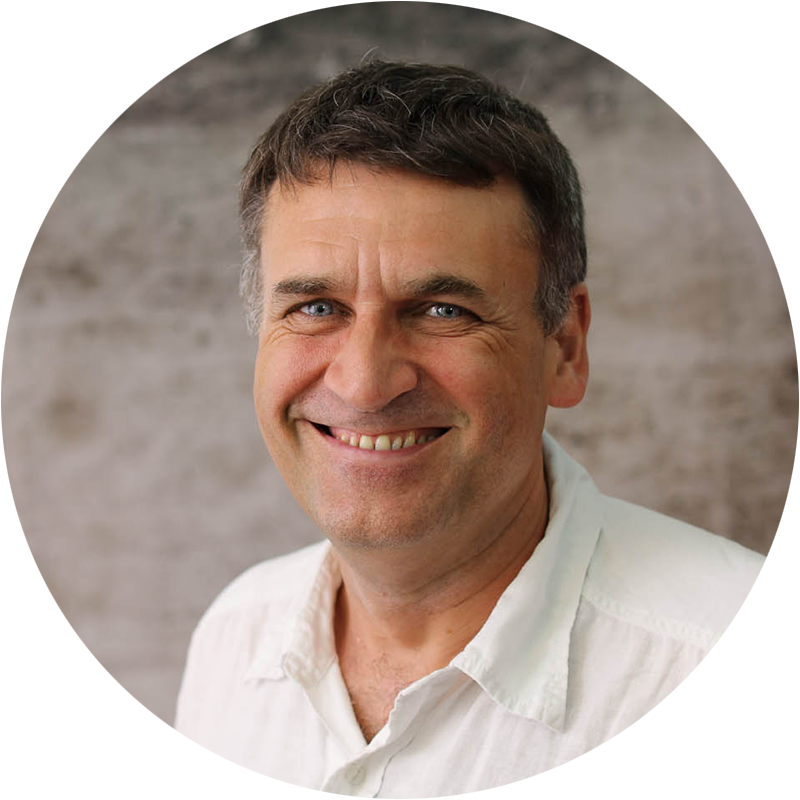
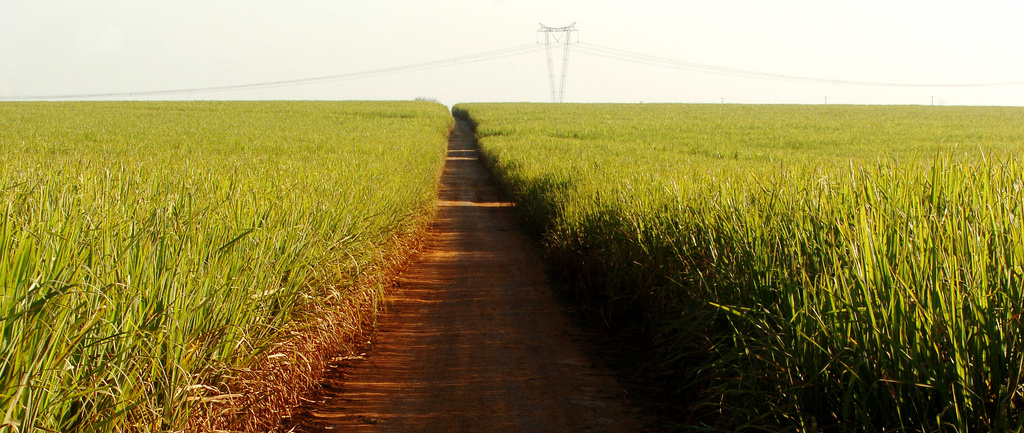
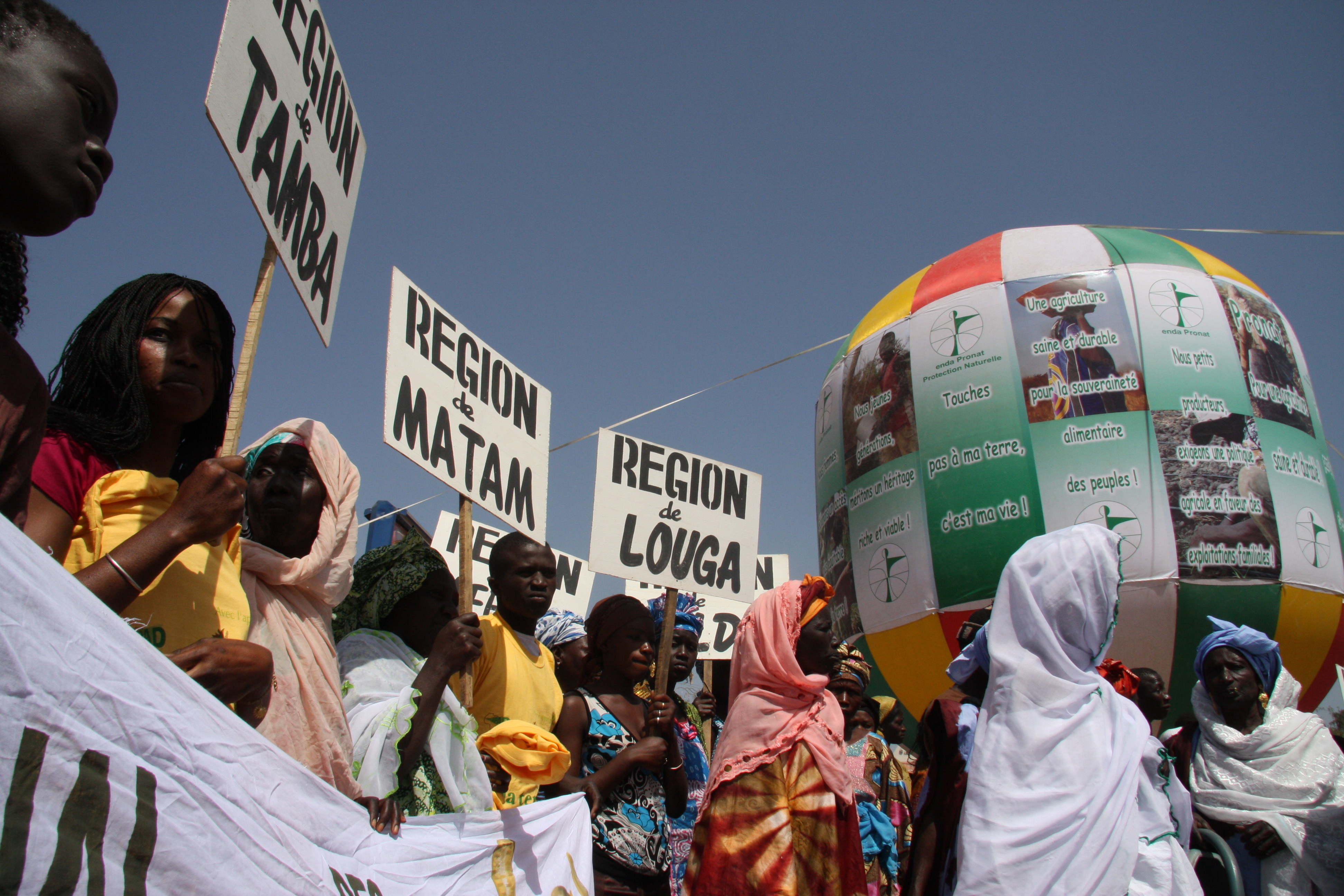
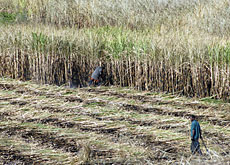
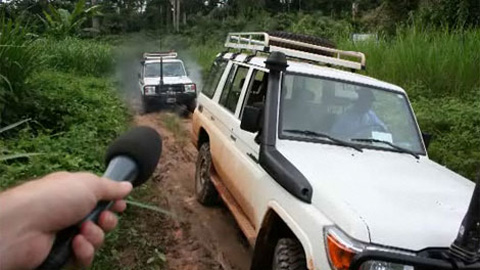
You can find an overview of ongoing debates with our journalists here. Please join us!
If you want to start a conversation about a topic raised in this article or want to report factual errors, email us at english@swissinfo.ch.